Built to Rebuild
what we do & why we do it
.jpeg)
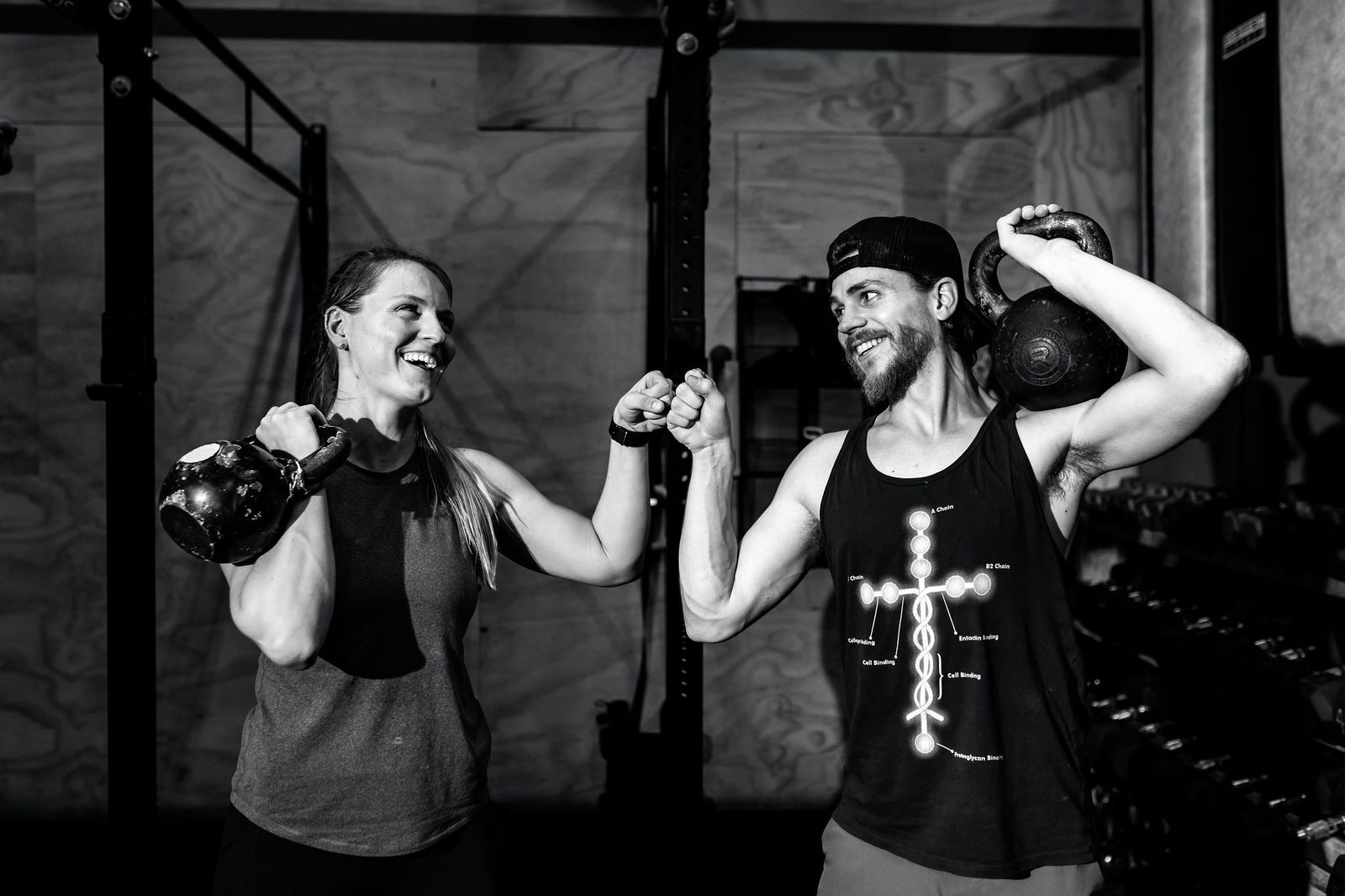



.jpeg)




Our Goal: chart a better path for people navigating IBD.
Kenny's Story
In the months leading up to my diagnosis, I had been sprinting to the bathroom multiple times per day to pass bloody diarrhea. Sometimes more than 10 times per day. Sometimes I didn’t make it. The urgency would hit, and before I could find a restroom, I would soil myself. I couldn’t get a full night of sleep because I had to go several times at night too. The bleeding began to get worse until eventually, I was filling toilet bowls with pure blood.
I finally had a colonoscopy scheduled that confirmed the UC diagnosis. I was given prednisone and some other anti-inflammatory medications before being discharged. About a week later, I woke up in the middle of the night, jumped out of my lofted bed, ran to the restroom, and passed so much blood that I felt dizzy. I went to the emergency department the next morning. When the doctor came in, he looked me in the eye and said, “If we can’t get the bleeding to stop, we’re gonna have to take your colon.” My eyes widened and I felt my stomach drop in fear. Embarrassingly— I wasn’t quite sure what my colon was at that point, but I definitely didn’t want them to remove whatever it was. He went on to say, “I know that isn’t easy to hear at 18, but that’s the situation you’re in.”
That was the beginning of my 15-day hospital stay. I lost 30 lbs and had to have four blood transfusions. But, by the grace of God, I was able to go home without having my colon removed. I didn’t believe that any substantial level of improvement from this disease was possible because that is what I had been told. I was told that diet didn’t affect the pathogenesis of IBD. Even so, my parents encouraged me to try all sorts of things in an attempt to find relief from this. We read several different health books, tried several dietary protocols, and even did fecal microbiota transplants under medical supervision. Sometimes we would have some short-lived success, but nothing monumental and nothing that lasted. I didn’t think I was going to be able to get better anyway, but trying and failing so many times drove me to become bitter and even more resistant to the idea that real improvement was possible. It began to annoy me and even made me angry at times when people told me I should try this or try that to hopefully make things better. In my mind, I was going to suffer from this disease for the rest of my life, so I might as well get used to it. And suffer I did, miserably, for the next six months after being released from the hospital. Not just physically, but mentally. I felt broken inside. I went back to school, but I was afraid to go out in public. I was afraid to hang out with my friends. I was afraid to eat foods I used to love because I always paid an enormously high price for doing so afterward. I watched things I worked so hard to achieve, like my athletic performance, deteriorate before my eyes. There were times I’d hide in the dorm restroom crying tears of anger, bitterness, shame, and self-pity.
I felt isolated and defeated. And then finally I had enough. The words “lifelong condition” became very real to me and began to weigh even heavier on my mind. It finally sank in that the physical, emotional, and mental pain wasn’t going to go away, and was more than likely only going to get worse as time went on. I knew I had two options. I could admit defeat and spend the rest of my life learning to live with whatever pain this disease caused. Or, I could at least try to fight it. From my perspective, the worst that could happen was I would fail and still be sick with IBD. And the best that could happen was my health would improve.
I decided I was going to go all in, actually give my best effort, and exhaust every possible way I could find in an attempt to improve my quality of life.
From there I began the rocky 18-month recovery process that resulted in medication-free clinical remission in late 2016. Since then, I’ve maintained clinical remission with only rare deviations from my normal day-to-day baseline state of health. That doesn’t mean I haven’t had challenges or fluctuations — but it does mean the foundation of my gut health has held. I’ve had several colonoscopy scans over the years showing no inflammation or very mild inflammation. But what’s even more important to me than the colonoscopy scans is my quality of life.
I can now eat a wide range of foods without bleeding, mucus, urgency, or diarrhea; I have regular, solid bowel movements; and I’m on no medication. This was more than I’d ever hoped for or thought possible— I felt, and still feel, like a normal person again. I no longer have to wear diapers when leaving my home. I no longer live in fear of soiling myself in public. I can relax and enjoy time with my friends and family without constantly worrying.
I don’t have to know where the toilet is at all times. I get to eat whatever I feel like eating without suffering for it later. I get to go hiking, I get to travel— I get to live normally. However, it requires ongoing work and maintenance in order to do so. During those 18 months, I stumbled across several research studies that helped me build a scientific understanding of the potential causes and mechanisms of IBD. It honestly was as if God set the pieces of a puzzle right in front of me, and all I had to do was put it together. Once I understood the potential causes, I was able to reverse engineer those causes and construct a protocol for myself that has allowed me to remain in clinical remission.
I went on to study nutrition at Texas A&M University, and now I’m trying to put that degree to good use. I really want to help people struggling with IBD, IBS, and other gut issues get better. I know what it’s like to be sick. I understand the desperation and the feelings of hopelessness. I also know what it’s like to get better. And my goal is to do everything I can to help chart a better way forward.
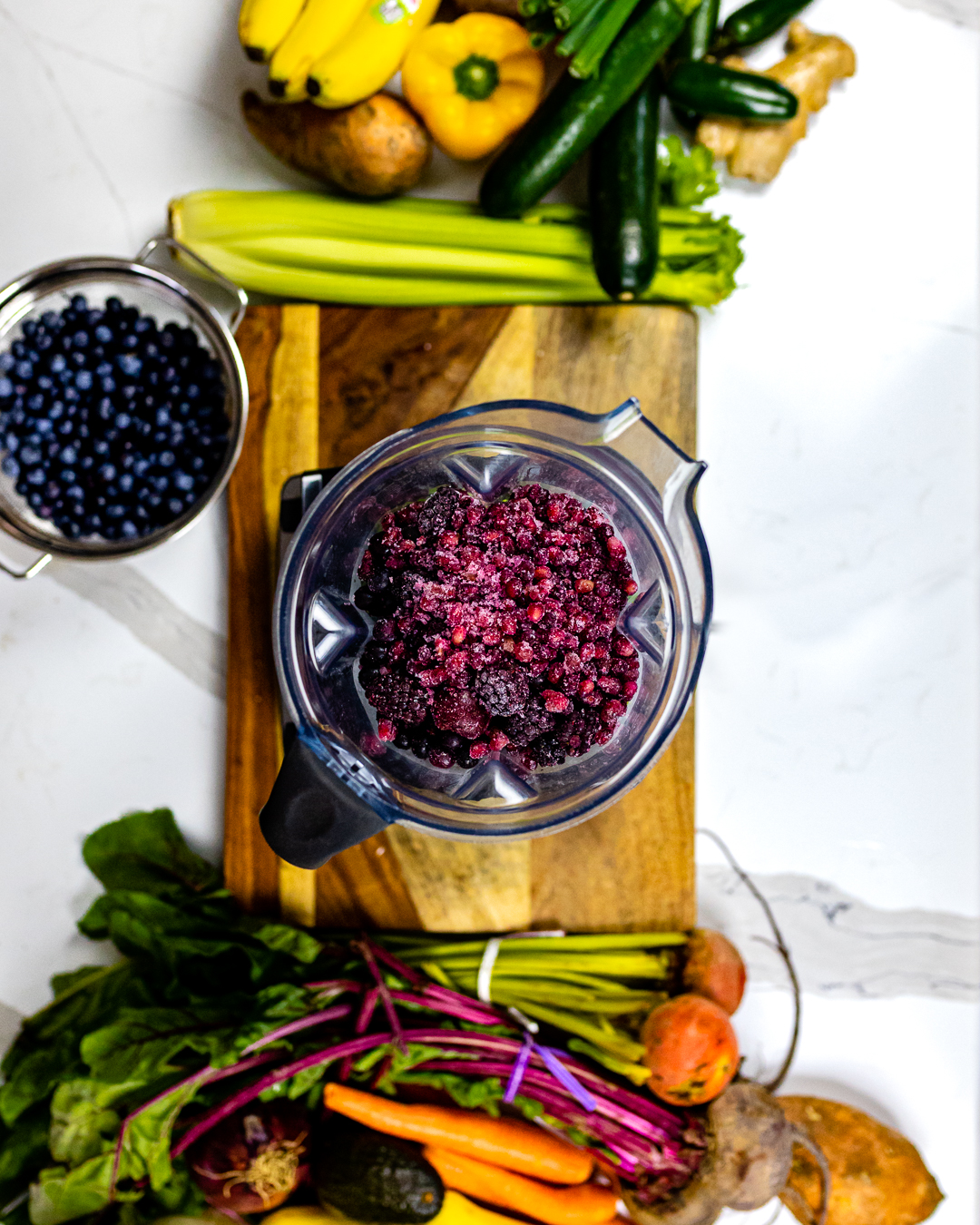
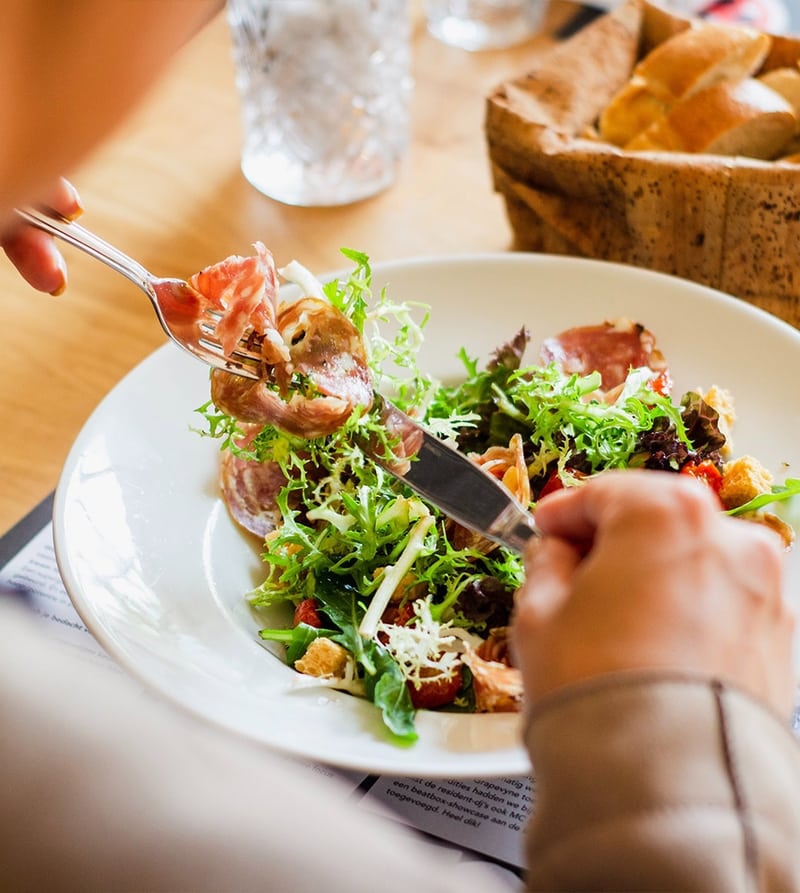
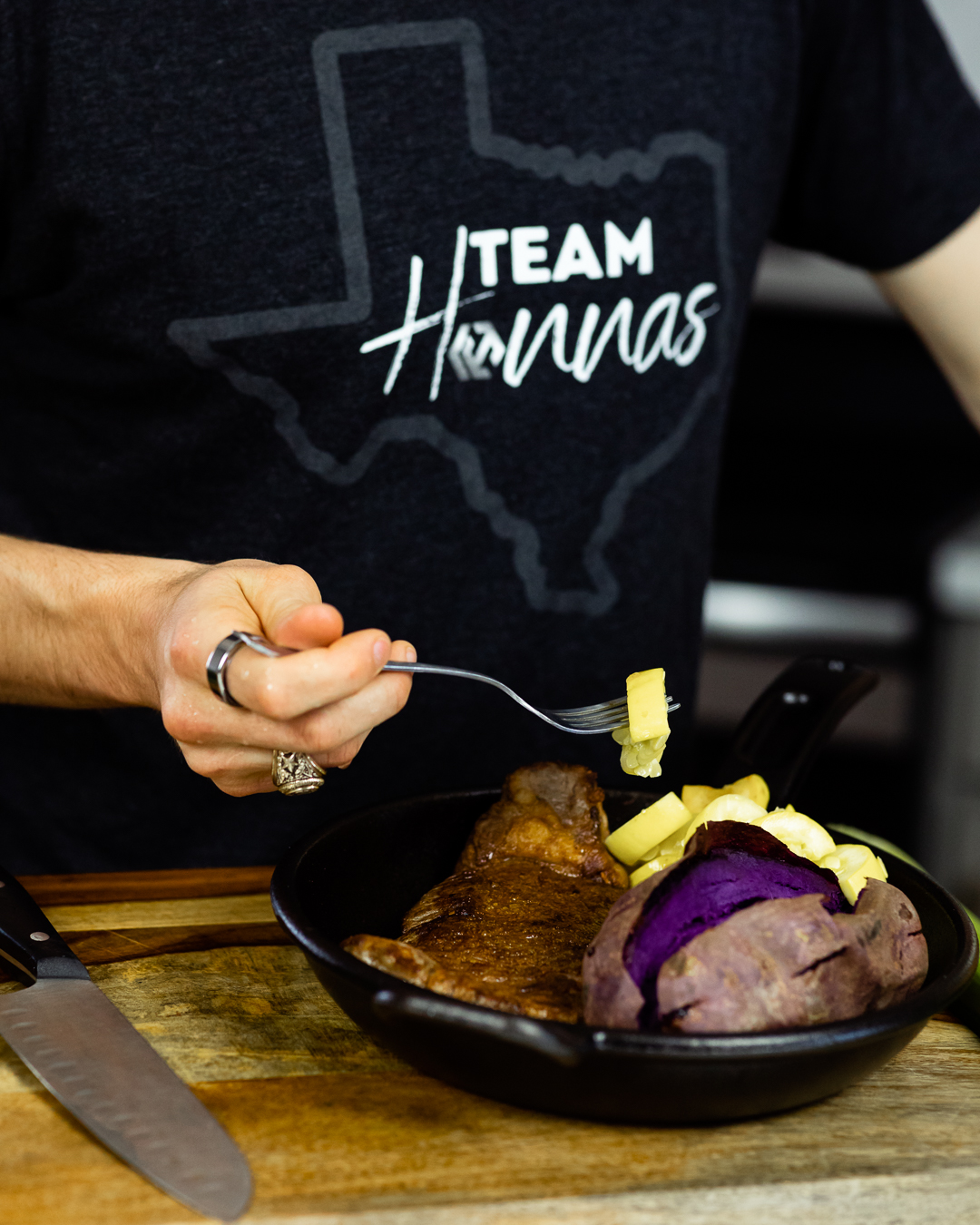
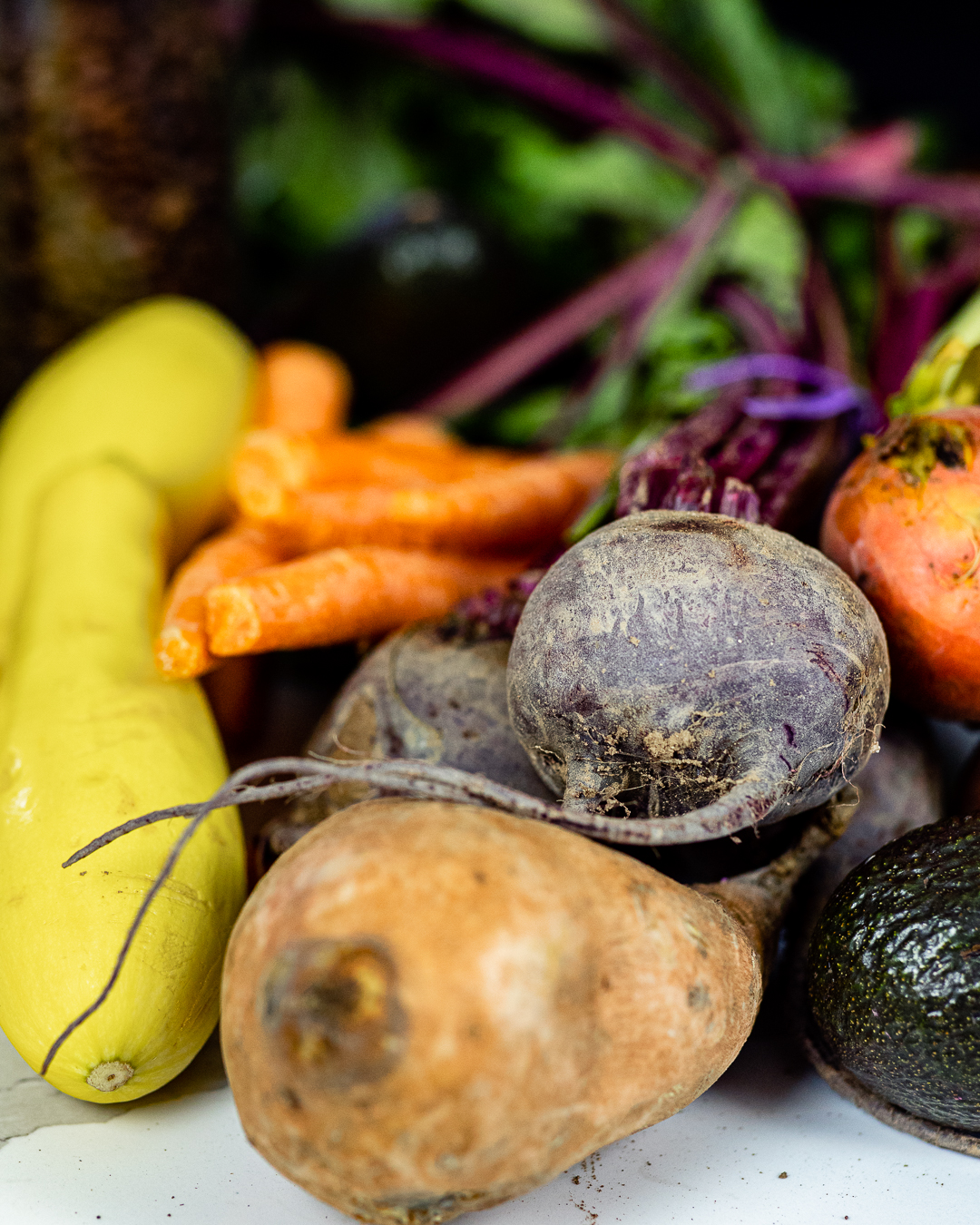
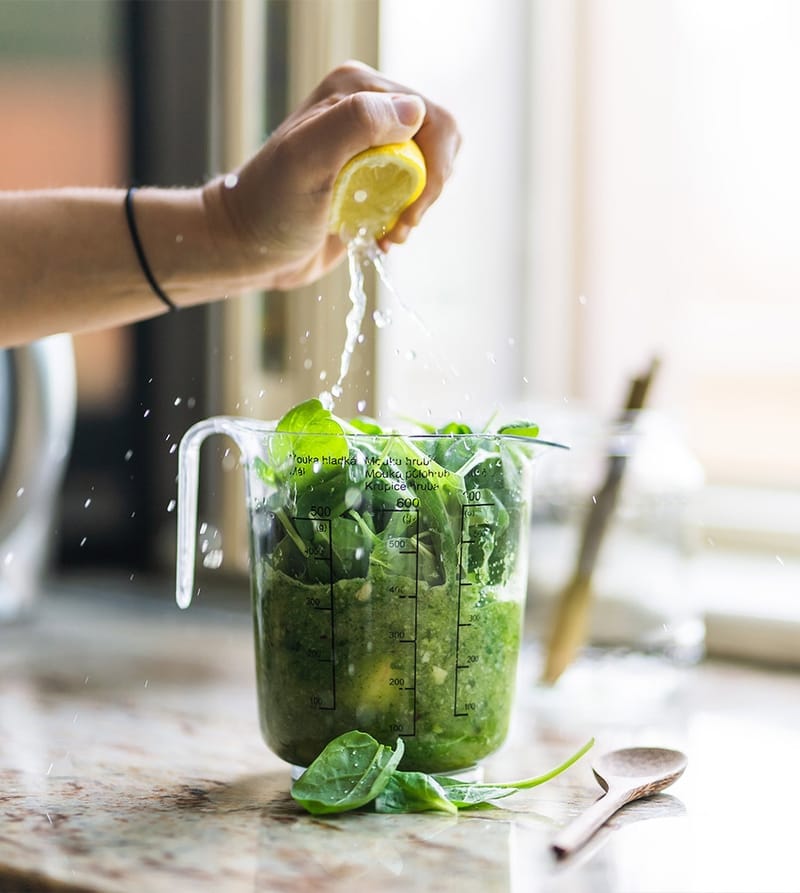
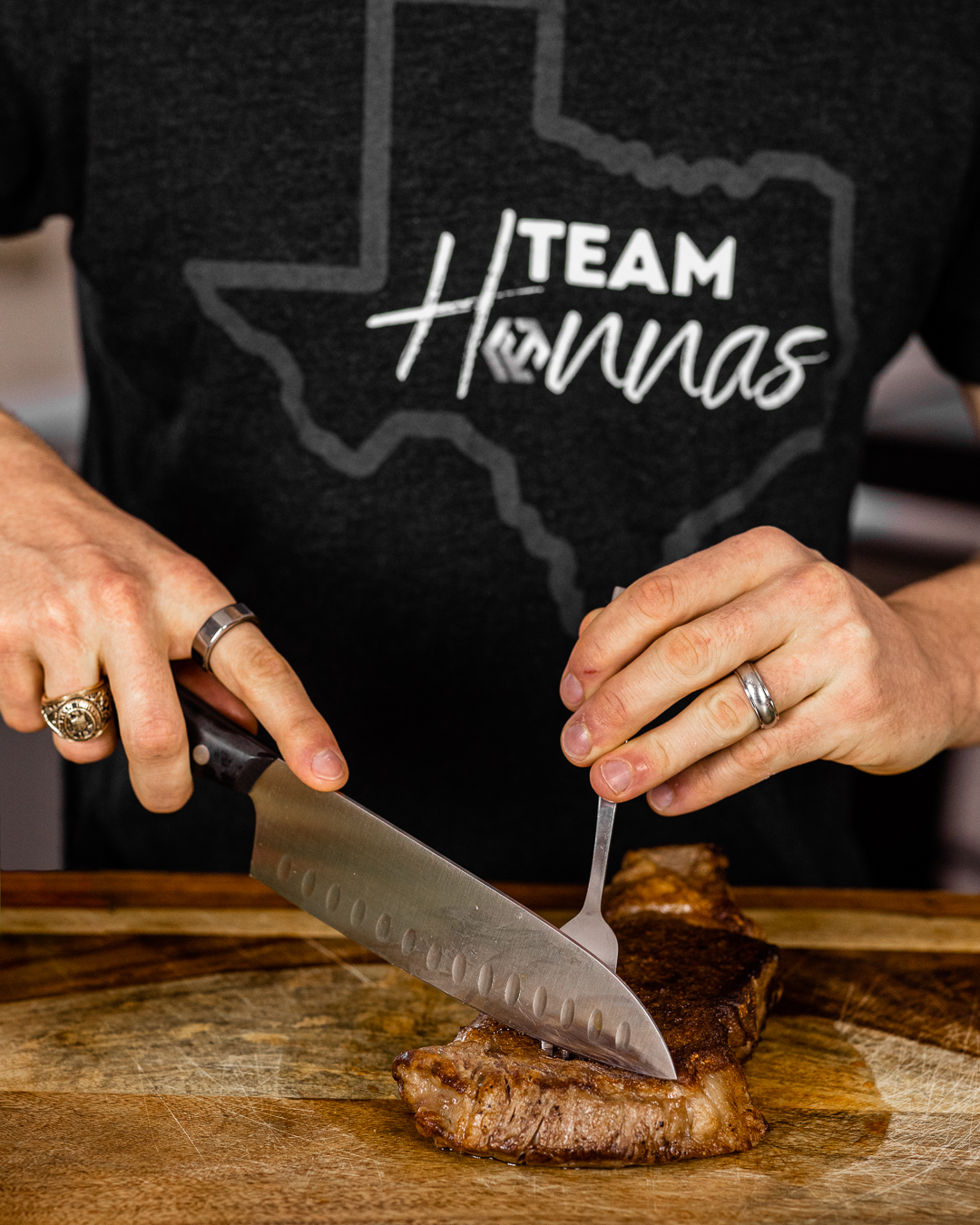
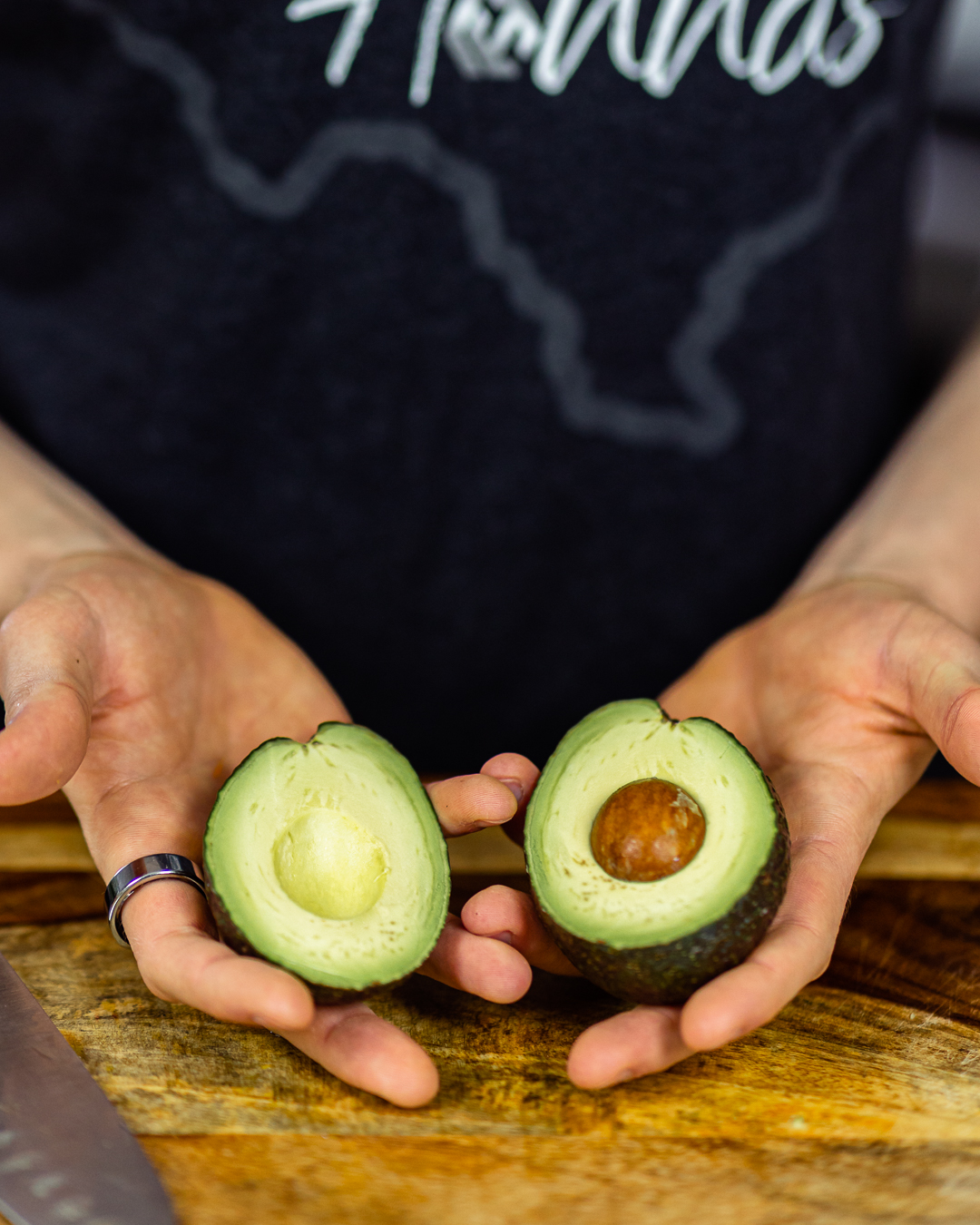
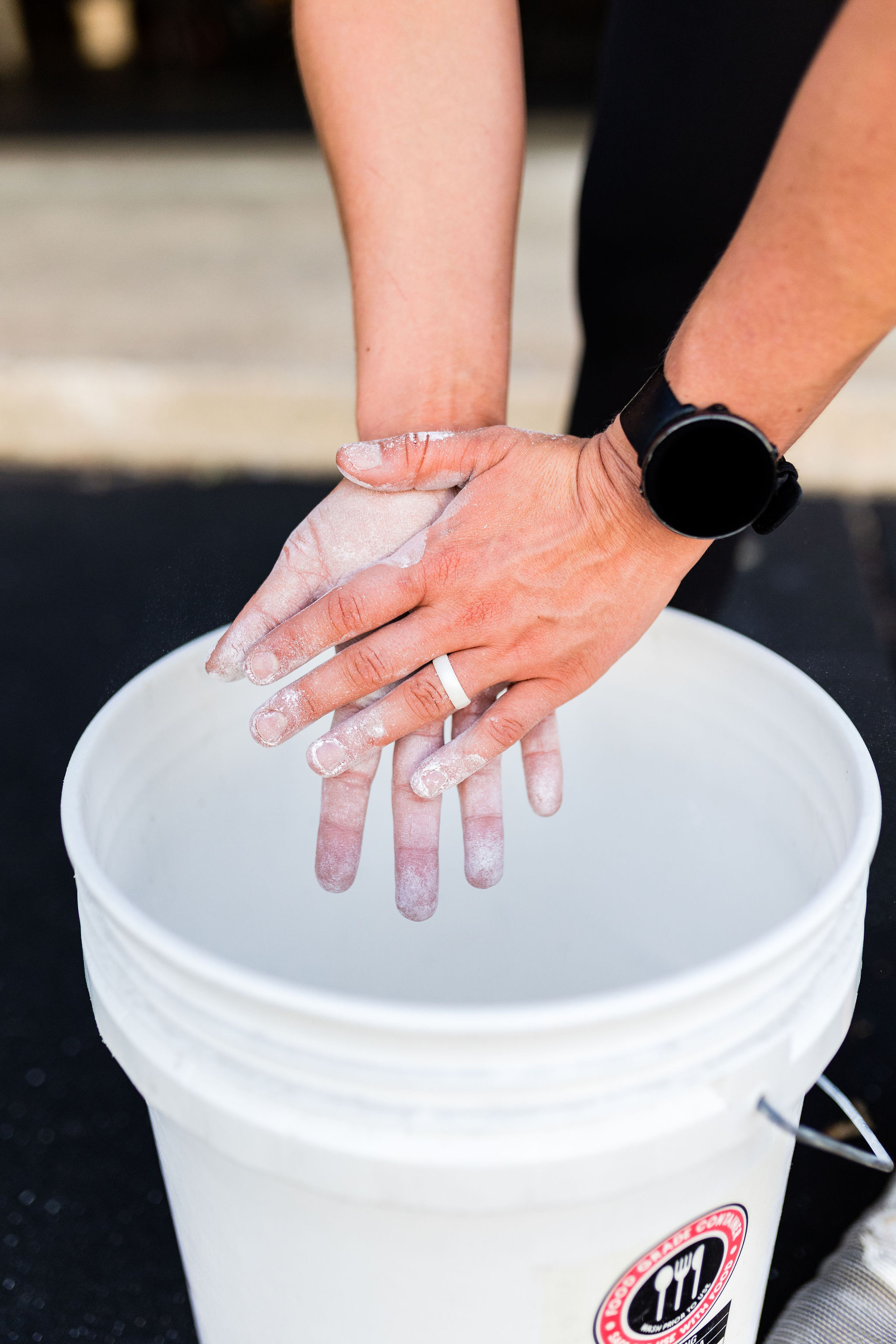









Kara's Story
Hey Friends! My name is Kara. I am wife to Kenny and a nurse who enjoys taking a holistic approach to health. I'm passionate about walking with others on their journey to find mental peace and a healthy relationship with food and exercise so please feel free to reach out if you need or would like someone to chat with.
Primarily, I am the monthly general nutrition coach as well as social media and administrative manager. My mission is to guide you to your nutritional goals through the transformative process of building informed habits, fostering a healthy relationship with food, and learning the science and functionality of food.

.png)




